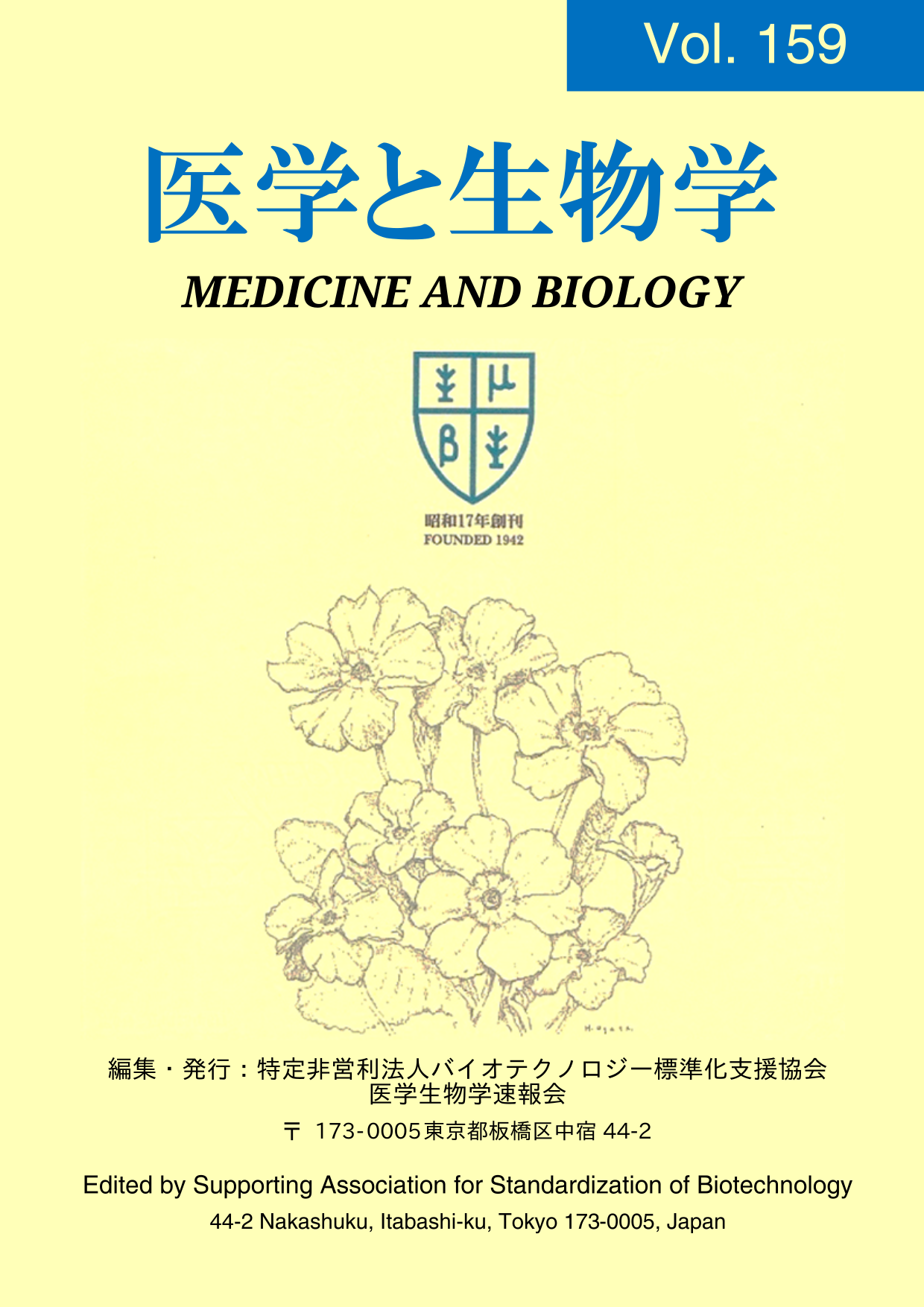The Subjective health status and lifestyle habits of Chinese international students in Japan.
Keywords:
Chinese international students, Lifestyle habits, Subjective health status, and Nutrient intakesAbstract
The number of international students enrolled in Japan is increasing. The majority of these students are from China. International students face various challenges, such as the language barrier and culture shock, when faced with a new intercultural society. In this study, we investigated the lifestyle, Japanese ability, subjective health status, nutritional intake, and body composition of Chinese international students attending a university in Osaka. As a result, 44% of the students did not have good subjective health and there was an association between poor subjective health status and lower frequency of exercise. The skipping breakfast habit was found in 41% of the students, and there was a positive correlation between a late bedtime and skipping breakfast. The fat-energy ratio was higher than the Dietary Reference Intakes (DRIs) for Chinese people. On the other hand, 43% of females were underweight. These findings are similar to previous reports on Japanese university students. Therefore, it was suggested that the contents of health promotional and nutritional education could be the same as those used for Japanese students. Language ability and cross-cultural adaptation are important factors for living in a foreign country. Although 71% of the students in this study had acquired the N1 grade of the Japanese Language Proficiency Test and possessed Japanese ability at a level where they did not experience difficulties in everyday life, some students had difficulties using their language skills. Consequently, when providing health promotion and nutritional instruction to Chinese students, it is important to consider that there are cultural and language barriers.


